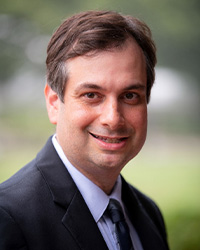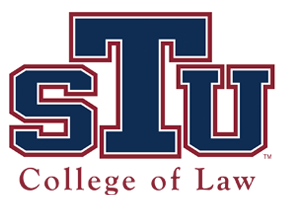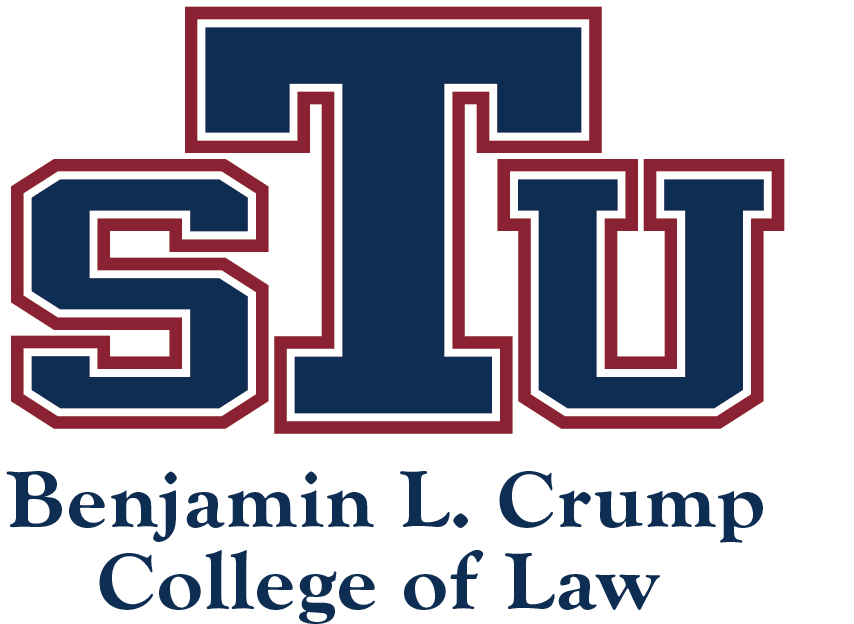
Michael J. Hasday
Assistant Professor of Law
Email: mhasday@stu.edu
Phone: 305.474.2422
Mail:
St. Thomas University College of Law
Faculty Suite (209)
16401 NW 37th Ave
Miami Gardens, FL 33054
Education:
B.A. Political Science, University of Pennsylvania
J.D., Northwestern Pritzker School of Law
Expertise:
Civil Procedure
Health Law
Game Theory
Artificial Intelligence
Michael J. Hasday
Michael J. Hasday joined St. Thomas University Benjamin L. Crump College of Law as an Assistant Professor of Law in 2023. Prior to his appointment, he was a Visiting Professor at the University of Massachusetts School of Law where he taught courses on civil procedure and health law. He has also taught courses on health policy & law and international law & organization as a lecturer at DeSales University.
Professor Hasday’s research explores the intersection of law and game theory, with a focus on developing mathematically sound ways to make legal decision-making more accurate, consistent, and fair. Toward that end, he has designed a new method for appellate courts to select their panels, contending that the methods currently employed are sub-optimal because they produce outlier panels or allow strategic manipulation. This work was selected for presentation at the 33rd Stony Brook International Conference on Game Theory, which is considered the leading conference in the world focused on game theory and its applications.
Professor Hasday has also devised a new form of arbitration, which aims to resolve disputes that are limited to a number (such as salary disputes) more equitably. His article proposing this new method, Running it Twice (or Thrice): Double-Header and Triple-Header Baseball Arbitration, was selected as one of nine finalists (out of more than 200 submissions) in the 2020 MIT Sloan Sports Analytics Conference research paper competition.
Professor Hasday’s most recent research focuses on ways that advances in artificial intelligence and machine learning can improve the judicial process.
Although his research is theoretical and mathematical, Professor Hasday has a practical approach to teaching that comes from his more than a decade of litigation experience at law firms in New York City and Pennsylvania and as in-house counsel to a health care consulting firm.
Professor Hasday earned his undergraduate degree, cum laude, from the University of Pennsylvania and his law degree, cum laude, from Northwestern Pritzker School of Law.
Articles:
Divide and Conquer: How the Democrats Can Maintain Control of the Ninth Circuit, Harvard Law & Policy Rewview Blog (Sept. 25, 2019).
Running it Twice (or Thrice): Double-Header, Triple-Header, and Reverse Baseball Arbitration, 52 U. Mich. J. L. Reform Caveat 1 (2018).
The Rank-Order Method for Appellate Subset Selection, 93 NotreE Dame L. Rev. Online 17 (2017).
Ending the Reign of Slot Machine Justice, 57 N.Y.U. Ann. Surv. Am. L. 291 (2000).

